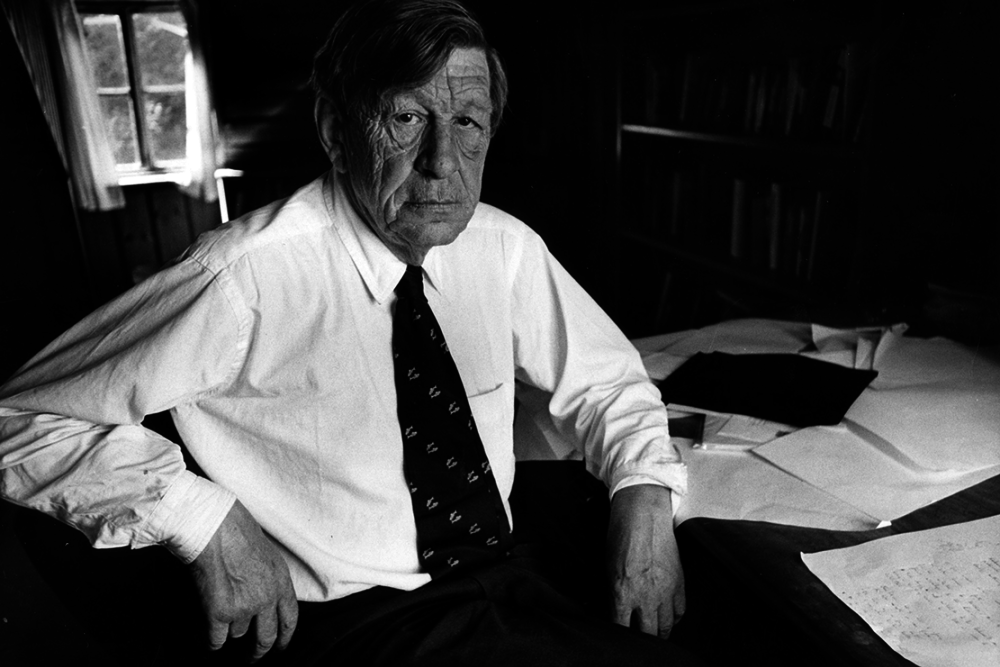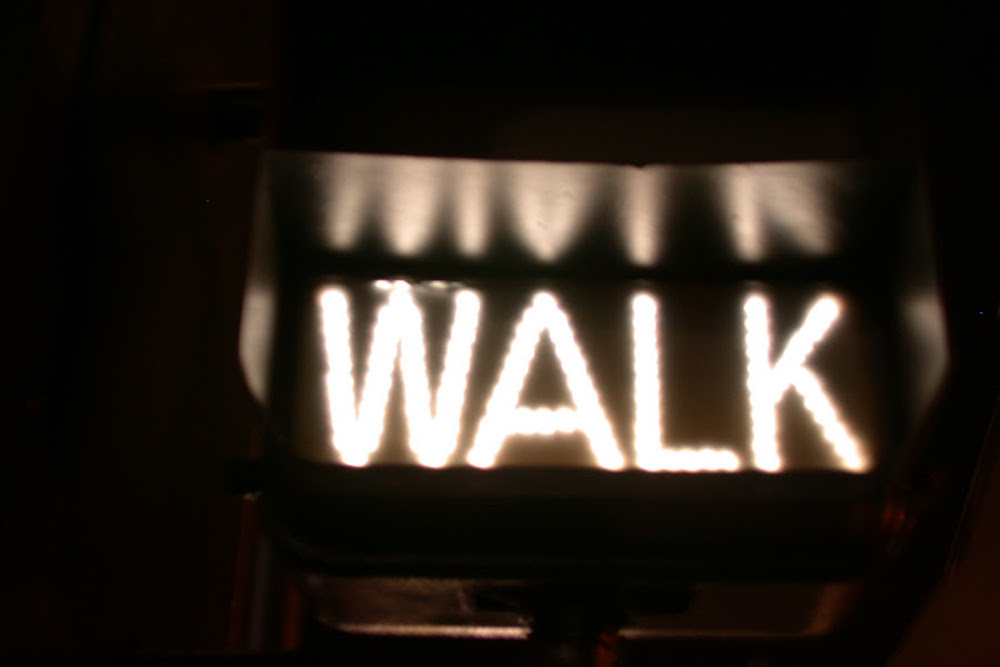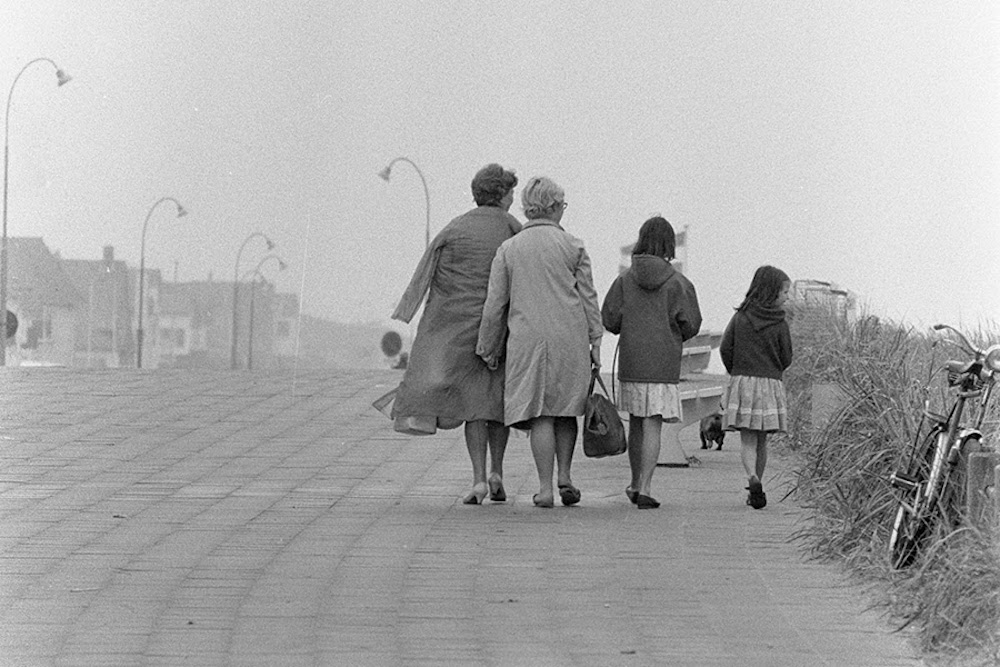Every week, the editors of The Paris Review lift the paywall on a selection of interviews, stories, poems, and more from the magazine’s archive. You can have these unlocked pieces delivered straight to your inbox every Sunday by signing up for the Redux newsletter.
This week at The Paris Review, we’re walking, both alone and with friends. Read on for W. H. Auden’s Art of Poetry interview, Jamaica Kincaid’s short story “What I Have Been Doing Lately,” and Mary Szybist’s poem “Walking in Fast-Falling Dusk What Is between Us Besides.”
After you’re finished, mark your calendar for our forthcoming Fall issue launch, on September 23 at 6 P.M. (ET). This free virtual event will feature several Fall issue contributors reading from their work: Rabih Alameddine, Lydia Davis, Emma Hine, and Eloghosa Osunde. For more information and to RSVP, please visit our events page.
If you enjoy these free interviews, stories, and poems, why not subscribe to The Paris Review? Or, to celebrate the students and teachers in your life, why not gift our special subscription deal featuring a copy of Writers at Work around the World for 50% off? And for as long as we’re flattening the curve, The Paris Review will be sending out a new weekly newsletter, The Art of Distance, featuring unlocked archival selections, dispatches from the Daily, and efforts from our peer organizations. Read the latest edition here, and then sign up for more.
W. H. Auden, The Art of Poetry No. 17
Issue no. 57, Spring 1974
Later, I realized, in constructing this world which was only inhabited by me, I was already beginning to learn how poetry is written. Then, my final decision, which seemed to be fairly fortuitous at the time, took place in 1922, in March when I was walking across a field with a friend of mine from school who later became a painter. He asked me, “Do you ever write poetry?” and I said, “No”—I’d never thought of doing so. He said: “Why don’t you?”—and at that point I decided that’s what I would do. Looking back, I conceived how the ground had been prepared.
What I Have Been Doing Lately
By Jamaica Kincaid
Issue no. 82, Winter 1981
What I have been doing lately: I was lying in bed and the doorbell rang. I ran downstairs. Quick. I opened the door. There was no one there. I stepped outside. Either it was drizzling or there was a lot of dust in the air and the dust was damp. I stuck out my tongue and the drizzle or the damp dust tasted like government school ink. I looked north. I looked south. I decided to start walking north. While walking north I decided that I didn’t have any shoes on my feet and that is why I was walking so fast. While walking north I looked up and saw the planet Venus and said, “It must be almost morning.”
Walking in Fast-Falling Dusk What Is between Us Besides
By Mary Szybist
Issue no. 227, Winter 2018
this sharpness of pines, this gravel loose
beneath us, faltering with each rustle, each step, with what we’re not
saying to each other—Now your flashlight’s beam angles
into the thickness, dead petals the color of light honey
unfasten from their coppery centers, dark berries shine
clustered above twig tips, above forked edges of leaves, above
everything unnamed between us I have
not forgiven—still overflowing toward us while still
arrested, suspended, in all the shadows
of everything I don’t know how to feel …
And to read more from the Paris Review archives, make sure to subscribe! In addition to four print issues per year, you’ll also receive complete digital access to our sixty-seven years’ worth of archives.
from The Paris Review https://ift.tt/2Hpmmuj



Comments
Post a Comment